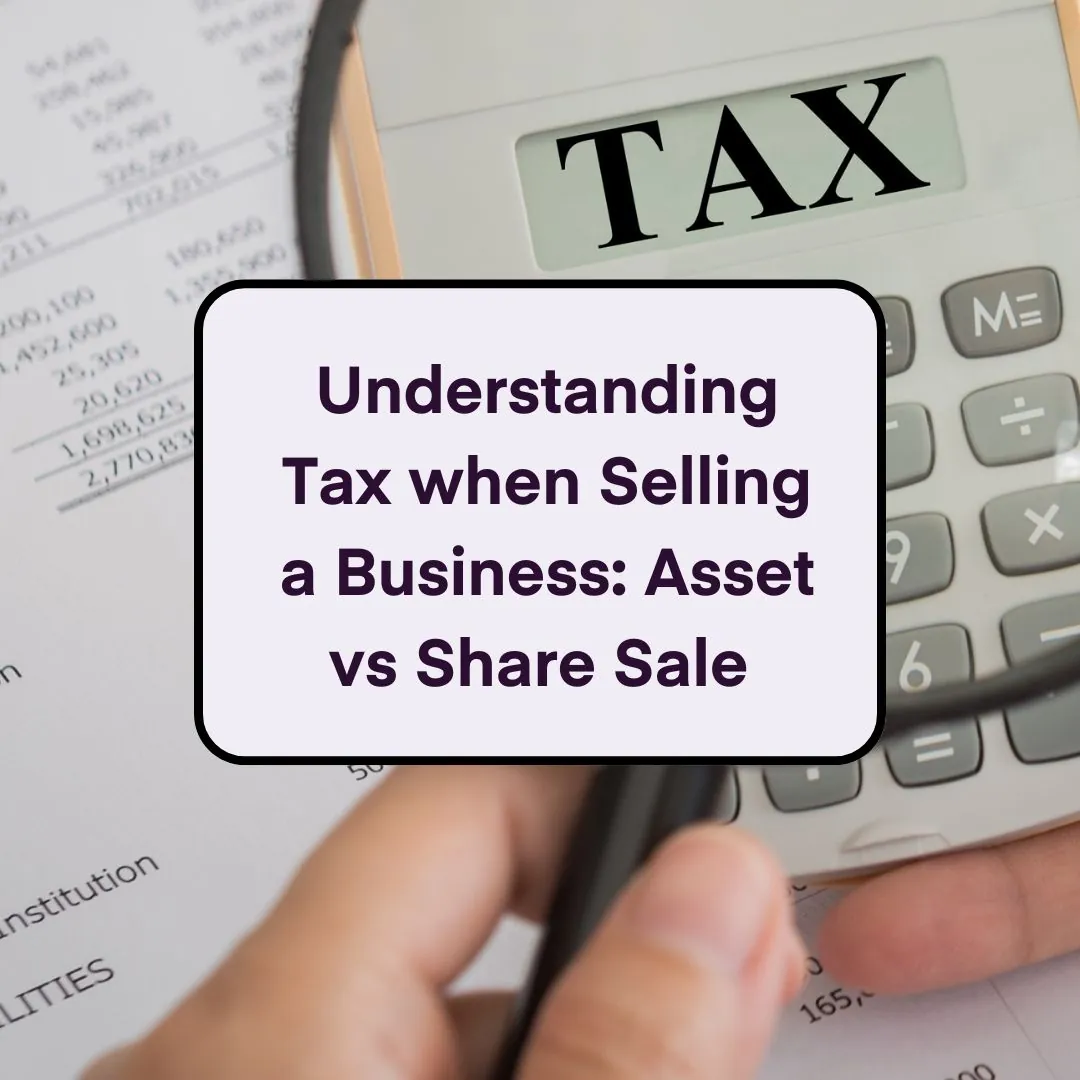
The little known benefits of filing your tax return early
3 Nov 2017Do you have a love-hate relationship with your tax return that sees you file perilously close to the deadline date every single year? What if we told you about some irresistible benefits of filing your tax return early?
The tax return filing deadline for manual tax returns was October 31, with an extended deadline for online submissions of January 31. However, these are the very latest dates for submission of a return to avoid automatic penalties so it is advisable to submit your tax return earlier if you can.
Preparing your tax return in the run up to Christmas and the New Year can be a daunting task. Luckily, the team at Accounts and Legal are always just a click or call away from helping you make the process a smooth one.
Contrary to popular myths, submitting your tax return earlier does not mean you pay your tax earlier or that HM Revenue & customs are more likely to enquire into it. However, there are several benefits to submitting your tax return earlier that will certainly make your Christmas a little less busy.
Know your position
What some people tend to forget is the deadline for filing your tax return is also the same deadline for payment.
Filing your tax return earlier will mean that you are aware of the amount of any balancing payment and any payment on account due on January 31st, 2018. Therefore, you can plan cash flow and ensure Christmas spending doesn’t leave you short come deadline day.
Use your PAYE code
If your balancing tax liability is less than £3,000 and you pay the majority of your taxes via PAYE, you can elect to have the underpayment collected through your PAYE code in a later year. This will also ensure you do not need to make payments on account, again helping cash flow.
Avoid unwanted attention
It is a well-known fact that tax returns prepared at the last minute are often prepared in haste and more likely to contain errors. Despite what some may believe, it is the taxpayer who is liable for errors in tax returns, not their accountant. If a penalty is issued for errors, the taxpayer will be the one to pay it.
*Interest is charged on both unpaid tax and unpaid penalties
Source: www.gov.uk
Furthermore, it is these last minute tax returns which may come under extra scrutiny from HM Revenue & Customs.
Whether you’re a sole trader, a small business, or a larger organisation, our team of experts have the experience to deliver a solution specifically tailored to meeting your tax needs. Why not get an Instant Quote and see for yourself how we can help you?























